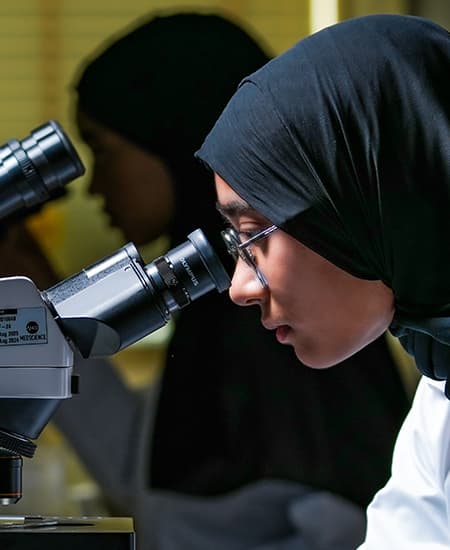Effect of Natural Plant-derived Agents on the Survival of the Pathogenic Bacteria “Salmonella spp., Listeria monocytogenes” in Marinated Chicken Liver Meat.
M.SC Project
This experimental study followed the survival (after inoculation of the bacteria) on non-marinated and marinated chicken liver meat (CLM) samples, with or without added antimicrobials (Carvacrol; CA, Garlic: G), stored at 4 and 10 °C for 14 days. A pomegranate pomace-based marinade (PPM) alone, or in combination with CA or G was used in monitoring the survival/growth of Salmonella spp. and Listeria monocytogenes counts on the CLM. A declining trend was recorded for both Salmonella spp. (4.1-4.4 and 3.8-4.3 log CFU/g, respectively) and Listeria monocytogenes (3.6-4.6 and 3.3-4.5 log CFU/g, respectively) populations, in both marinated (absence of antimicrobials) and marinated (presence of antimicrobials) CLM samples, stored at 4 and 10 °C and on final day 14. At 10 °C, marination with antimicrobial treatments resulted in lower Salmonella spp. and Listeria monocytogenes counts on CLM, compared to 4 °C (3.4-3.9 and 1.5-3.7 logs). Marination and combinations reduced the Total Plate Count (TPC) by 0.3-0.9 and 0.2-0.6 log CFU/g, compared to the control (non-marinated) CLM samples (and in the absence of inoculated bacteria) on final day-14. Concluding, it can be stated that a microbiological shelf-life extension of 9 and 11 days, compared to the control’s shelf-life, was achieved at 4 and 10 oC, respectively. The pH (initial) values of the control (non-marinated) and marinated CLM samples, at 4 and 10oC, were 6.62 and 3.12, respectively. During the storage period, pH values for the control (non-marinated) CLM were found to be higher, as compared to the marinated samples, and irrespective of storage temperature.

